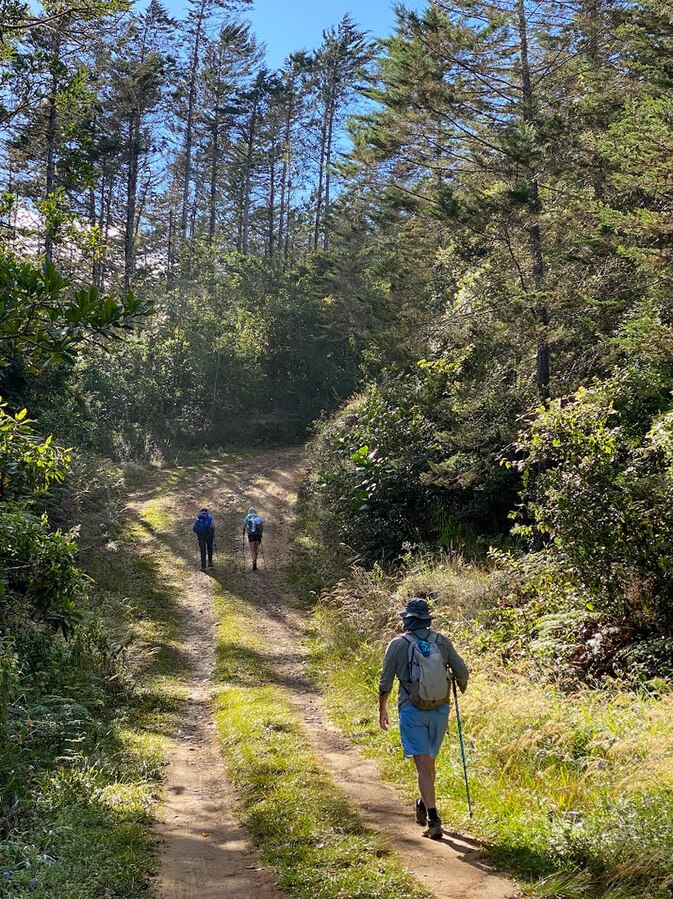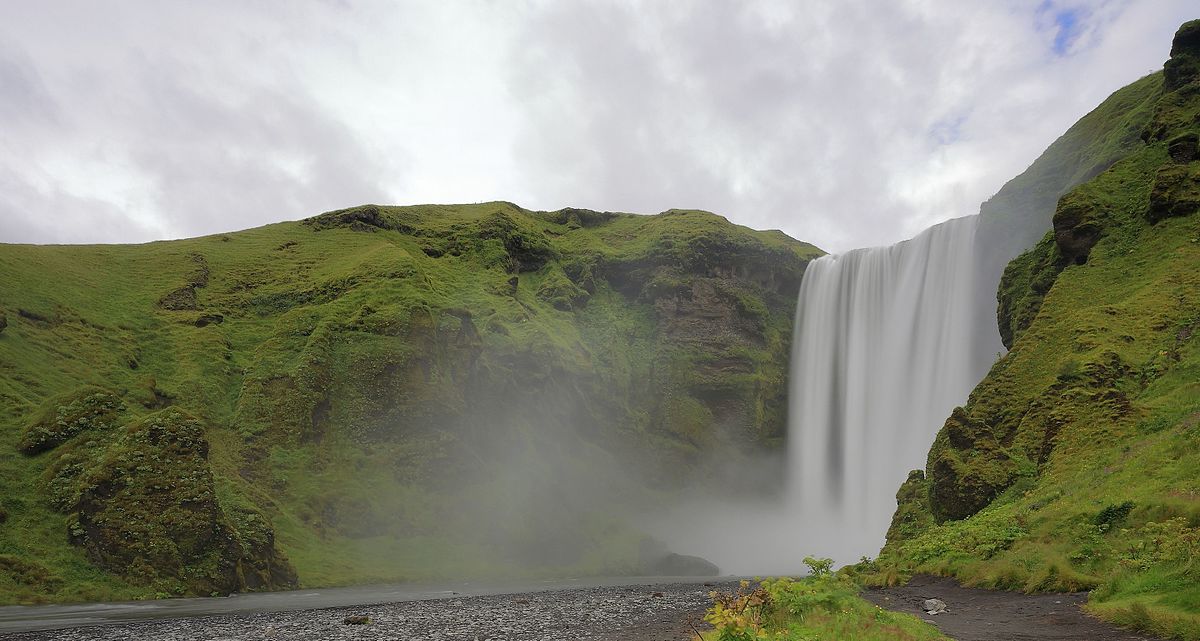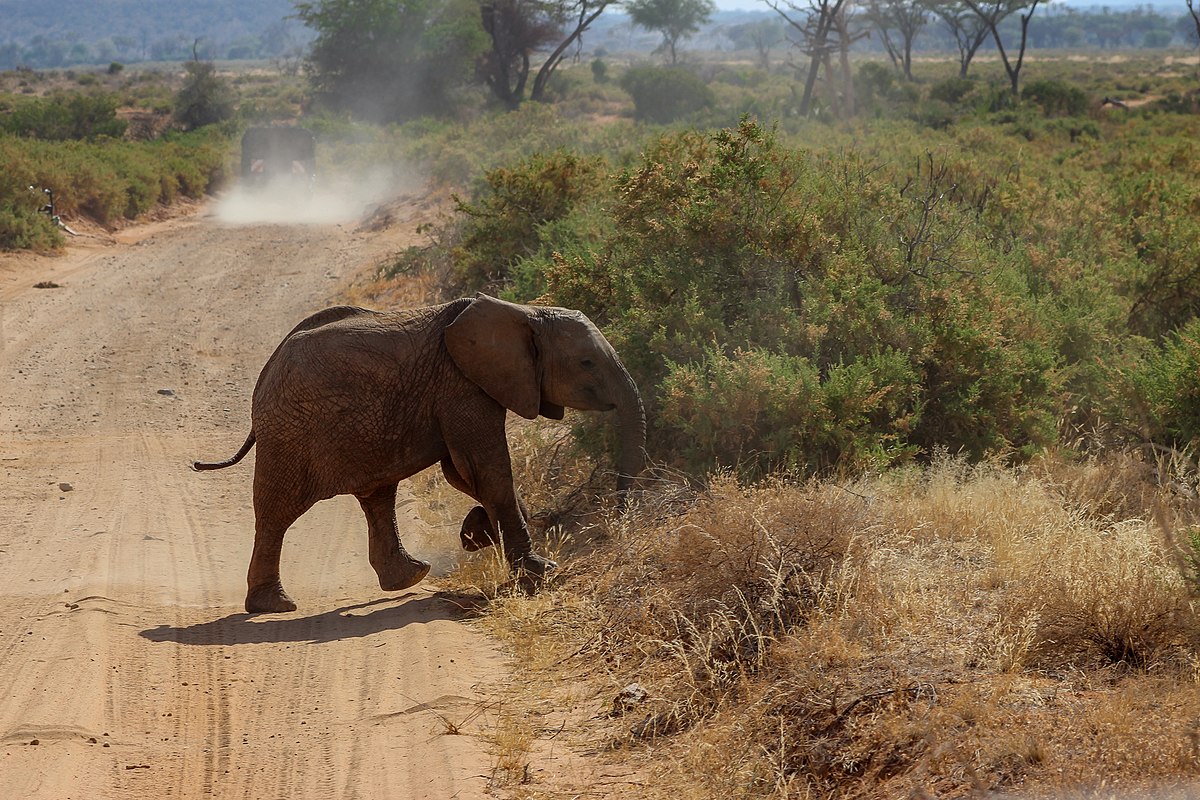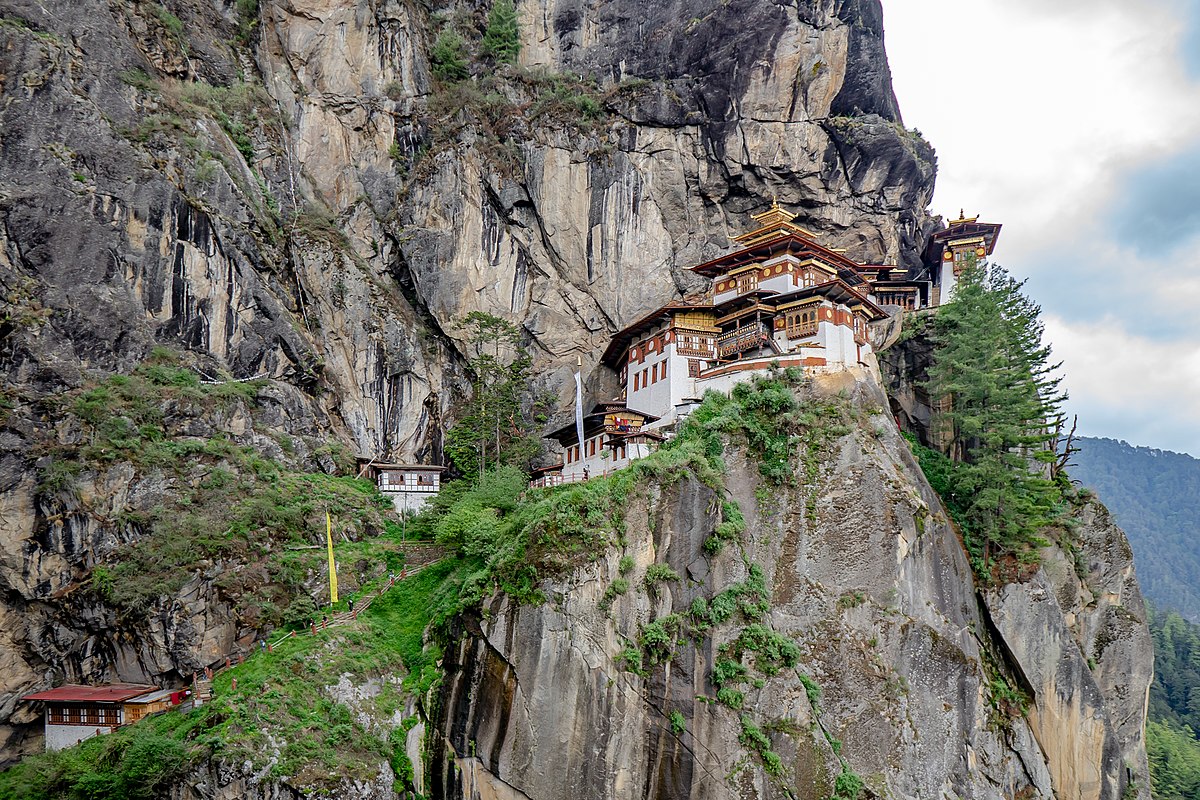- Home
- Use Your Eco-Tourism Dollars To Help Animals
Use Your Eco-Tourism Dollars To Help Animals
 Photo by Monstera: https://www.pexels.com/photo/anonymous-person-with-magnifying-glass-over-world-map-of-coins-7412089/
Photo by Monstera: https://www.pexels.com/photo/anonymous-person-with-magnifying-glass-over-world-map-of-coins-7412089/One way you can help animals if you live in the city and don’t think you can rescue a pet is to do eco-tourism. You can use your tourism dollars to help animals facing extinction and the loss of their habitat. Just by traveling to certain areas and going to National parks of certain countries, you are supporting the idea that conservation can pay off for the humans there, and they can work harder to protect the animals. You can also go on ect-tourism vacations.
Read about my Ecotourism trip to Costa Rica here.
What is Eco-Tourism?
Sustainable Tourism
 Photo by Markus Spiske https://unsplash.com/photos/person-watering-plant-sFydXGrt5OA
Photo by Markus Spiske https://unsplash.com/photos/person-watering-plant-sFydXGrt5OASustainable tourism is traveling while making the most minor impact on the environment possible. It takes into account the full impact of tourism on the tourist destination. Social justice, economic development, and environmental integrity of tourism are considered. A camping trip you take by using public transportation or a bicycle. A more high-end example of sustainable tourism is a sustainable resort. Sustainable resort features include using recycled water, low-flow toilets, energy-saving lighting, renewable energy sources, refilling water bottles, and earth-friendly cleaning supplies.
Eco-Tourism
 Photo by Zoe Schaeffer https://unsplash.com/photos/woman-in-pink-shirt-and-blue-denim-jeans-sitting-on-brown-rock-near-river-during-daytime-D_VjFp1ds1Y
Photo by Zoe Schaeffer https://unsplash.com/photos/woman-in-pink-shirt-and-blue-denim-jeans-sitting-on-brown-rock-near-river-during-daytime-D_VjFp1ds1YEco-tourism takes sustainability one step further and focuses on the conservation of the environment and improving the lives of the host country. Interpretation and education are often an integral part of eco-tourism. The International Ecotourism Society inspires consumers, communities, tourism companies, and tourism marketers to promote environmental and cultural awareness, enjoy a positive experience for both the visitors and host, generate financial benefits for conservation in general as well as for the local economy, raise awareness and sensitivity about the political, social and environmental milieu of the host country, and enjoy nature and the animals.
Eco-tourism seeks to enhance and improve the environment, the local culture, and the local economy while educating the tourist and helping the tourist spread.
Pros and Cons of Eco-tourism
Pros
 Photo by Yusron El Jihan: https://www.pexels.com/photo/man-in-gray-crew-neck-t-shirt-standing-beside-woman-in-yellow-and-blue-floral-dress-7569596/
Photo by Yusron El Jihan: https://www.pexels.com/photo/man-in-gray-crew-neck-t-shirt-standing-beside-woman-in-yellow-and-blue-floral-dress-7569596/Spreading awareness of the environment is always a good thing. Having tourists learn to appreciate animals and their natural habitat is a big benefit. The tourists will go home and spread the word and this can raise awareness. Perhaps the eco-tourism experience will cause these tourists to take a more active role in conservation, with in the host country or in their home country.
Eco-tourism can benefit the surrounding region economically. It is designed to be rewarding for the tourists, the local people, and the local environment. It can be a stress reducing experience that provides a sense of accomplishment and public-spiritness for the tourist and therefore good for their health. Local governments, nonprofits, and businesses will notice the tourism dollars that eco-tourism brings to the community so they will work to preserve the environment more. A sustainable eco-tourism trip can not only redue the carbon imprint of our leisure activities, but also improve the environment.
Spreading awareness of the environment is always a good thing. Having tourists learn to appreciate animals and their natural habitat is a big benefit. The tourists will go home and spread the word and this can raise awareness. Perhaps the eco-tourism experience will cause these tourists to take a more active role in conservation, with in the host country or in their home country.
Eco-tourism can benefit the surrounding region economically. It is designed to be rewarding for the tourists, the local people, and the local environment. It can be a stress reducing experience that provides a sense of accomplishment and public-spiritness for the tourist and therefore good for their health. Local governments, nonprofits, and businesses will notice the tourism dollars that eco-tourism brings to the community so they will work to preserve the environment more. A sustainable eco-tourism trip can not only redue the carbon imprint of our leisure activities, but also improve the environment.
Cons
 Photo by Tommaso Pecchioli https://unsplash.com/photos/person-standing-beside-the-luggage-bags-03nt4WmL1Kk
Photo by Tommaso Pecchioli https://unsplash.com/photos/person-standing-beside-the-luggage-bags-03nt4WmL1KkI’m sure we’ve all heard about the devastation of over tourism in certain areas. Too many tourists can put a strain on the environment and cause damage with the dramatically increased human presence, and the strain on water, waste, and other infrastructure. The locals might begin to clear the area of trees to make more room for tourists. Too many people can ruin a fragile ecosystem.
The local people might feel that they need to change things about themselves to make them more attractive to tourists. There might be pressure to make the area more familiar and comfortable to tourists, which then begins to erode the authenticity of the native culture. The community economy can become dependent on tourists and neglect other kinds of economic development.
Plan your vacation wisely
As an eco-tourist, you need to be mindful of the impact you are having on your host country and ensure that this impact is positive. You want to make a long-term positive affect on the host country and their wildlife. Go to smaller, out of the way places. Learn about conservation and bring that education home and spread the word. Enjoy the wonder of our planet while conntributing to it’s preservation.
Eco-Tourism Ideas
There are many ideas you can incorporate in your vacation to follow the eco-tourism principles of conservation, education, and making a positive impact. Something simple like a camping holiday, or cycling to some National Parks can help you experience and learn about wildlife and bring that back home with you. Some parks have bike rental places nearby where you can rent a bike and explore the park by cycling rather than driving. I did that at Acadia National Park in Maine, USA and got see see so much on my ebike. You can do kayaking, hiking, or snorkeling as nsee a part of the place you are visiting that you’d never see from a car or bus.
Costa Rica
 https://commons.wikimedia.org/wiki/File:EL_Camino_de_Costa_Rica_Hike.jpg
https://commons.wikimedia.org/wiki/File:EL_Camino_de_Costa_Rica_Hike.jpgCosta Rica is a country that really gets eco-tourism. There are plenty of national parks, wildlife reserves and protected lands that you can visit. Costa Rica is one of the most biodiverse places on the planet and they are intent to keep it that way. They have banned hunting in the country and you can see many animals up close. You’ll find rainforests, cloud forests, beaches, volcanoes, and mountains in Costa Rica. You can walk above the trees on suspended walkways in the Monteverde Cloud Forest Biological Reserve. There are eco-hotels that you can stay in that help to reduce the carbon imprint of your vacation.
You can read about my eco-tourism trip to Costa Rica here.
Iceland
 https://commons.wikimedia.org/wiki/File:Sk%C3%B3gafoss_July_2014.JPG
https://commons.wikimedia.org/wiki/File:Sk%C3%B3gafoss_July_2014.JPGThe land of fire and ice has glaciers, volcanoes, waterfalls, and natural hot springs. You can watch for wales and puffins. There is a network of farms that offer accommodations to the traveler. You cann stay on a working farm and get to know the people who run it while supplementing their income for them. Iceland is well known for it’s sustainable energy. There are natural wonders in Iceland that you won't see anywhere else.
Kenya
 https://commons.wikimedia.org/wiki/File:Kenya,_Safari_(45391681804).jpg
https://commons.wikimedia.org/wiki/File:Kenya,_Safari_(45391681804).jpgYou can find many ecotourism activities in Kenya. From game-viewing safaris, bird watching, snorkeling on the east coast, horseback riding, hiking, and ballooning, you can explore the country that has 24 national parks, 15 national reserves, 16 marine parks, and more. You can see elephants, rhinos, leopards, lions, a variety of birds, and so many more wildlife, fauna, and habitats. Make sure any safaris you sign up for are sustainable and eco-friendly. There are volunteer opportunities in Kenya to work on farming, helping with social media, and other activities.
Other areas
 https://commons.wikimedia.org/wiki/File:Paro,_Bhutan_(49698813546).jpg
https://commons.wikimedia.org/wiki/File:Paro,_Bhutan_(49698813546).jpgThe Galapagos Islands and the country of Bhutan are among the places that charge tourists a conservation fee when they visit. Bhutan is a carbon negative country. The island of Palau has an initiative calle Ol’au Palau where tourists can earn rewards for sustainable and conservation activities. Slovenia has over half of it’s land as protected areas.
You can find ecotourism opportunities in just about any country you can think of. Always investigate claims of eco-tourism to be sure that what you are doing is actually adhering to the principles of eco-tourism and not “greenwashing” traditional tourists activities that are actually not sustainable or involved in conservation that benefits the surrounding area. Be especially careful of swimming with dolphins activities and safaris.
Ecotourism Tips
- Be mindful whenever you vacation
- Find places that aren’t so popular.
- Stay with local people, frequent local businesses and eat local food
- Walk, bike, or use public transportation whenever possible.
- Show respect for the land and animals. Take pictures instead of objects as souvenirs. Be careful with the animals and don’t touch them. Take away all of your trash.
- Visit national parks and preservation areas.
- Search for local educational opportunities and participate in the local culture.






New! Comments
Have your say about what you just read! Leave me a comment in the box below.